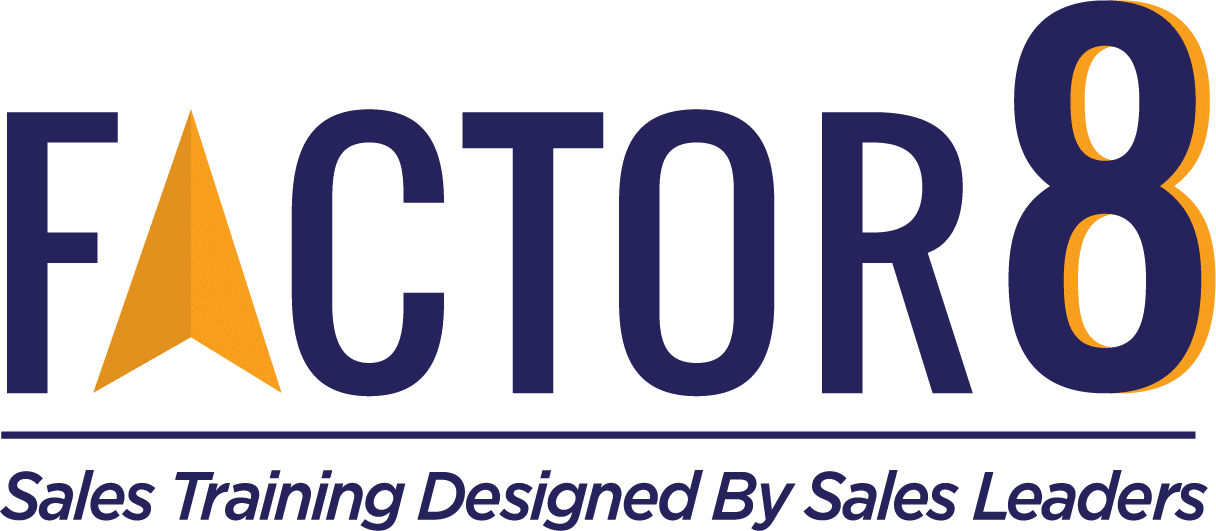The Top 5 Ways Companies Fail Their Salespeople
In my line of work, I spend a lot of time on sales floors around the world watching Reps, Managers, Directors, and VP’s try to drive the number. I see well intentioned organizations and leaders spend countless hours and dollars trying to unlock the secret that will bring in more customers and keep them coming back for more. The problem is that they are trying to run before they can walk.
If you’re behind the number for 2017 or wondering how you will turn things around for next year, maybe you need to start with the basics. Are the steps you are taking going to provide a clearer path to success, or are you making changes for change’s sake? Here are five of the most common ways that I see companies fail their salespeople, and it’s killing their numbers.
- Poor Compensation Plans – You’ve heard the phrase that salespeople are coin operated…so why do companies continue to design compensation plans that limit their reps ability to earn? Are you really going to punish your sales team for closing “too big” of a deal? Think through your comp plan enough to ensure that it can account for big wins. When someone on the sales team closes a huge deal there should be bells ringing, applause breaking out, and the leader on the floor slapping high fives, not in her office worrying about how that deal will push them beyond the commission budget. The second common failure related to compensation plans is the overly complex comp plan. You want to account for every contingency and every activity that you want to incent, and end up creating a 7 page document that requires four Excel sheets and an advanced degree in mathematics to calculate commissions. If you want compensation to drive behavior, make it simple enough so that your team can figure out on the fly how each deal/lead they close is going to impact their check.

- Putting people with no sales experience in charge of sales – This one always shocks me. Would you make someone with no financial background your CFO? I’m not sure if companies don’t view sales as a “professional” department that requires experienced leadership, or if they think it’s a good way to round out an executive’s resume, but it can put your revenue generation machine in jeopardy. Fair or unfair, salespeople have a hard time following someone that’s never done the job. It’s also very difficult to make sound decisions around things like territory planning, sales process, compensation, and tools when you haven’t experienced the good and bad that sales has to offer.
- Information overload – While it is usually done with the best of intentions, too much information can be paralyzing to a sales team. Resist the urge to jam every shiny new Salesforce plug-in down your team’s throat. Information without intelligence is useless to your sales team. Almost every salesperson I know would rather have one or two actionable nuggets of information than 100 potentially relevant pieces of data. I would also argue that, in many cases, the amount of data out there is making salespeople lazier. If a lead doesn’t come across with a bright flashing arrow showing the exact path to the sale, the process grinds to a halt. How can I possibly pitch this customer without knowing which direction his office desk chair faces? Your sales leadership team needs to be an advocate for the reps here. Establish a process for determining what information makes its way to the rep’s desks and why. Filter it hard. And when something does go through to the team, take the time to explain what it is and how they can use it to sell more effectively. If you can’t connect those dots, they don’t need it.
- Lack of investment in rep development – When I hear reps tell me that their onboarding process consisted of 3-4 days of HR paperwork, systems training, and online selling modules, I wonder how the company expects anyone to succeed. There are too many organizations that strive to constantly reduce the time and money invested in onboarding salespeople because (a) the turnover is high so why waste the money, (b) an untrained rep is better than an empty seat, or (c) every day they spend in training is a day they’re not selling. I’ll tell you this, an untrained/poorly trained rep can do a ton of damage to your bottom line and your reputation….and they’ll still leave. Especially if you are hiring entry level salespeople, you need to provide them with sales training specific to your organization and customers. Show them what good looks like and give them a chance to sharpen those skills in a safe environment. If you don’t have the people internally to do it, bring someone in from the outside. You can’t afford to screw this one up. I won’t even get started on the lack of ongoing development…a rant for another day.
- Spreading sales managers too thin – I can’t tell you the number of times that I walk on to a sales floor and see a flurry of rep activity and not a manager in sight. When I ask the reps what interaction they have with their manager, I get responses like: “we’re supposed to have weekly 1:1’s but they usually get postponed”, “she’s always in meetings”, or “I try not to bother him because he’s so busy.” The sad part is that when I ask the managers what they would do if they could change one thing, I almost always hear that they want to spend more time with their reps. Unfortunately, they are pulled in a hundred different directions by partners, bosses, and other departments, and their reps are usually the piece that slips through the cracks. Front line sales managers are some of the most impact people in your entire organization. They are responsible for translating senior leadership’s vision into daily action. They are the close enough to the customers to know what’s going on in the market, and high enough in the organization to do something about it. Take the administrative crap off of their plates and keep them on the floor!
If you caught yourself cringing while you read this list or a few (or all!) items hit a little too close to home, you’re not alone. The good news is that it’s not too late to make some changes and get things heading in the right direction. If you’re not sure where to start or what changes can make the biggest impact, I’d love to have that conversation with you.
